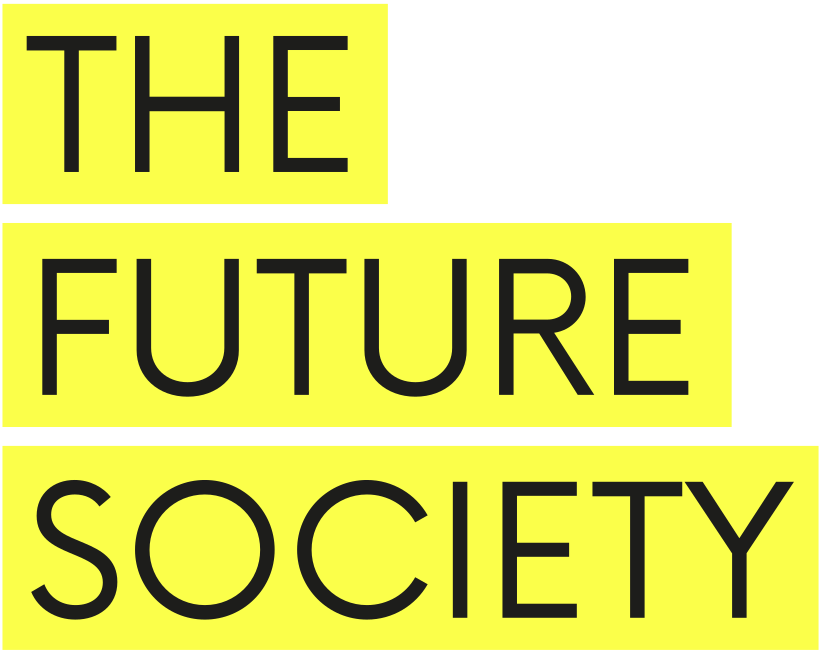Main Insight
AI global governance approaches will need to borrow and adapt from other governance regimes including climate change, internet governance, arms control, international trade, and finance.
Why We Need an Intergovernmental Panel for Artificial Intelligence
December 5, 2018
The rise of AI involves an unprecedented combination of complex dynamics, which poses challenges for multilateral efforts to govern its development and use. Global governance approaches will need to strike the right balance between enabling beneficial innovations and mitigating risks and adverse effects. AI global governance approaches will need to borrow and adapt from other governance regimes including climate change, internet governance, arms control, international trade, and finance. Given the high systemic complexity, uncertainty, and ambiguity surrounding the rise of AI, its dynamics and its consequences – a context similar to climate change – creating an IPCC for AI, or “IPAI”, can help build a solid base of facts and benchmarks against which to measure progress.

Read Nicolas Miailhe’s article: “AI & Global Governance: Why We Need an Intergovernmental Panel for Artificial Intelligence” here.

